Fossil fuel ads are a threat to public health.
Health-harming campaigns:
Fossil fuels are a health-harming product, and the marketing and public relations campaigns used to promote them are intentionally designed to obscure the damage they cause.
These strategies closely follow the tobacco industry's playbook and are often executed by the same consulting, marketing, public relations, and lobbying agencies that enabled the tobacco industry to spread misinformation.
Tactics such as casting doubt on scientific consensus, promoting false ‘safer’ alternatives, creating fake front groups, and emphasizing consumer ‘choice’ are used by both the fossil fuel industry and have been used by the tobacco industry to manipulate public opinion and policy, further obstructing meaningful climate action and the transition to health-centered, equitable societies.
Top photo: Anna Liminowicz / Climate Visuals
Conflicts of interest:
Publicis’ cancer conflicts:
Publicis x Pfizer and Sanofi: Screening Time Off (2025, US)
Two years ago, Publicis launched a cross-industry initiative called “Working With Cancer” to decrease stigma around cancer in the workplace. The campaign won the Health Grand Prix for Good at Cannes 2023. In 2025, they launched a new initiative called “Screening Time Off” to encourage companies to give employees time off for cancer screenings, with support from clients including Sanofi, Pfizer, L’Oreal and Nestle.
Publicis One Energy x Saudi Aramco (2024, MENAT)
Publicis worked with 40 fossil fuel clients from 2023 - 2024. Air pollution from fossil fuels is one of the world’s leading causes of cancer.
Publicis has a unit called One Energy which they have secretly built across MENAT to service Saudi Aramco, the “world’s largest corporate greenhouse gas emitter.”
Edelman’s Clean energy conflict:
Edelman x Sustainable Markets Initiative
In 2022 and 2023, Edelman managed PR for the Sustainable Markets Initiative, which brought together a task force of global health companies such as AstraZeneca, GSK, Reckitt, Roche, Novartis, Novo Nordisk and Sanofi to “accelerate the transition to net zero health systems” and “scale renewable power” in India and China.
Edelman x Shell: Power Pursuit Challenge
Edelman client Shell has recommitted to expanding fossil fuel production and making our energy system more dependent on oil and gas.
Edelman specifically developed and promoted a video game where users can race around the city as a power engineer gathering tools to demonstrate how Shell “keep[s] the lights on”.
Dentsu’s mural vs. Dentsu’s greenwash:
Dentsu x Global Action Plan: #ThisCampaignSucks
Dentsu worked with Global Action Plan to celebrate Clean Air Day in 2024 by painting a mural on London’s most congested streets, which is meant to suck nitrous dioxide pollution from the air using a compound mixed into paint.
The majority of nitrous dioxide air pollution is due to fossil fuels, which are produced by Dentsu clients such as Chevron.
Dentsu (Carat) x ScottishPower: Journeys
Pollution from fossil fuel power plants is a leading cause of respiratory illness.
Dentsu’s Carat developed the media for a ScottishPower campaign on increasing renewable capacity titled “We’re on the journey to a better future,” which gives the impression that ScottishPower is going green. They state that they make 100% green electricity, despite the reality that they still use over 63% fossil fuels in their fuel mix to generate this electricity.
WPP’s pointless pencils:
VML (Wunderman Thompson Singapore) x GSK (Otrivin): Pollution capture pencils
As a part of nasal spray brand Otrivin’s Actions to Breathe Cleaner initiative, they worked with Wunderman Thompson Singapore to turn dust from air pollution into pencils for school children. The campaign aims to raise awareness that 93% of children globally are breathing polluted air.
VML x Shell: Powering Progress (2023, UK)
Those pencils really have no point compared to the work that VML (J. Walter Thompson) has done for Shell since 1929. VML’s “Powering Progress” campaign for Shell credits the oil major for helping the energy transition despite its track record of pulling back on green investments and going all in on fossil fuels.
A call to action for health organizations:
Over 30 influential global health organizations have pledged to cut ties with agencies that work with fossil fuels.
Health organizations can play a major role in revoking the fossil fuel industry’s social license by screening PR and media agencies for fossil fuel connections and committing to no longer work with agencies with ties to the fossil fuel industry.
This will safeguard the credibility of health institutions and amplify their role as protectors of public health, prioritizing people and the planet over polluters.
By committing to cut ties with PR and media agencies connected to this health-harming sector, they can play a vital role in championing a healthier, more sustainable future.

